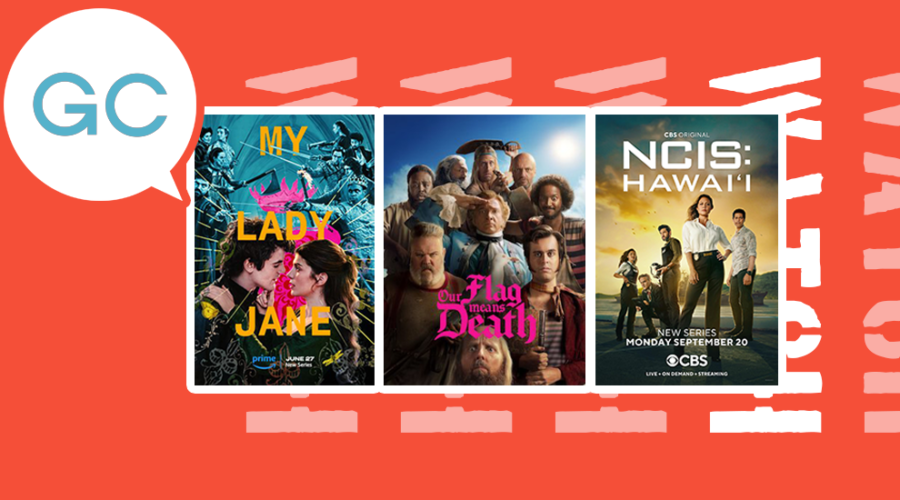My Lady Jane.
Schmigadoon.
American Born Chinese.
Our Flag Means Death.
Halo.
Outer Range.
Uncoupled.
NCIS: Hawai’i.
Primo.
Not Dead Yet.
Each and every one of these shows has been cancelled just this year. Even the ones that are essentially universally agreed to be terrible (like Halo) have been axed without the chance to grow into themselves.
And why? Easy: they’re all the victim of a self-fulfilling prophecy.
It’s a phenomenon often seen in the literary world. Readers won’t begin buying a series until it is finished or there are multiple books to read. Just ask any successful author and they’ll tell you that one-hit wonders are a rarity. It’s the new norm. Folks like to binge-read and binge-watch. If there’s a chance a series won’t come to a satisfying end, why take the time to get involved when there are so many other choices?
We’ve become spoiled by choice. As of October 2022, Netflix alone had more than 17,000 titles globally. Hulu has more than 7,000.
With all of that choice, viewers are impatient. There’s an abundance of media and a dearth of time. If a show doesn’t hook them right away, they’ll drop it and continue with something more interesting — or in some cases, return to a beloved comfort show they’ve seen dozens of times already.
The most tragic victim so far this year has been My Lady Jane. The show started off strong, with an interesting heroine, a hilariously sassy narrator, and a twist on the classic story. Season one ended on a cliffhanger that had the potential to become one heck of a show, even with Kate O’Flynn’s cartoonishly evil portrayal of Queen Mary.
Now that it has been cancelled, we’ll never know what happens (unless you pick up the NYT bestseller the show was based on). Or will we? Fans have rallied behind an online petition to save the show, despite Prime Video cancelling it for failing to make it into the Nielsen’s Top 10 ranking.
And right there, we see the root of the problem: viewers want a conclusion to a story, but the streaming services care only for the almighty dollar.
Prime Video might be the latest culprit, but no service is free of guilt. Netflix is a notorious headman when it comes to cancelling shows, despite what its CEO told Bloomberg: “We have never cancelled a successful show.”
If that’s true, then the streaming giant has a different definition of success than we do — but since Netflix doesn’t share numbers, how is the public supposed to know?
A TV show needs to be profitable, of course. All of these streaming services are a business, as much as my story-driven heart might hope otherwise, but they’re hurting themselves with short-sighted decisions that make potential viewers hesitant to commit to a new show. After all, why fall in love with a world and its characters if you’ll never get to see the conclusion?
If streaming networks judge the success of a show based on just one season, then they owe it to potential fans to give that season everything they’ve got. If the promise of a rewarding ending only exists after multiple seasons, then that show deserves all of those seasons. Otherwise, the producers are dooming it to fail from the get-go.
There is a glimmer of hope, though. Aside from its legions of fans, My Lady Jane’s Emily Bader also hopes for a second season. Lord Guildford Dudley, husband to the titular character, has an old family saying: “The Dudleys never say die.”
With any luck, My Lady Jane might just be able to say that it’s not dead yet.

